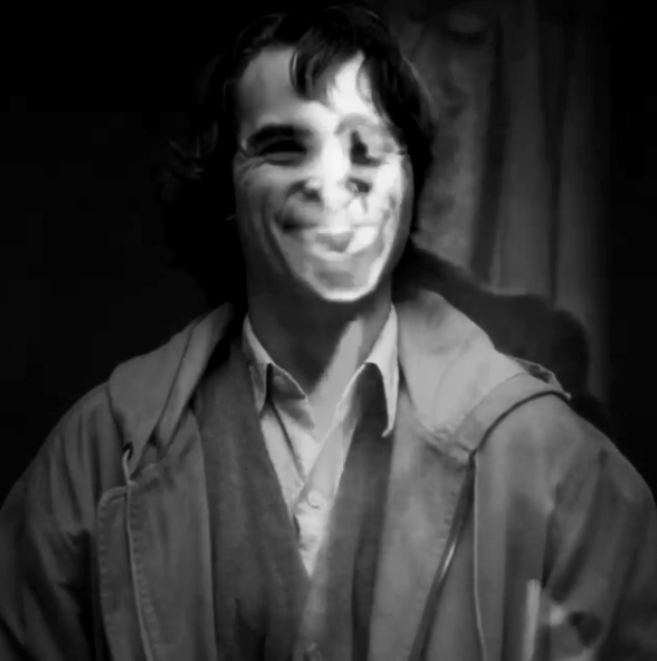
Something feels unsettling. Or, in other words: Something seems “Un”.
Familiar elements of the world appear to be slipping through our fingers. From the particles that emerge from the crevices caused by tectonic shifts, novel phenomena arise in our surroundings. In this state of dislocation, we face a growing realization that the foundations of our systems, beliefs, and assumptions are delicate.
Indications of this fragility can be witnessed in the realms of politics, economics, environment, institutions, society, and psychology. Uncanny Issues aims to function as a seismograph for these unsettling movements, posing the question posed by Jacques Rancière: “What does it truly mean to be Un?”
We encounter the Un in various spheres undergoing profound metamorphosis, reshaping the essence of existence.
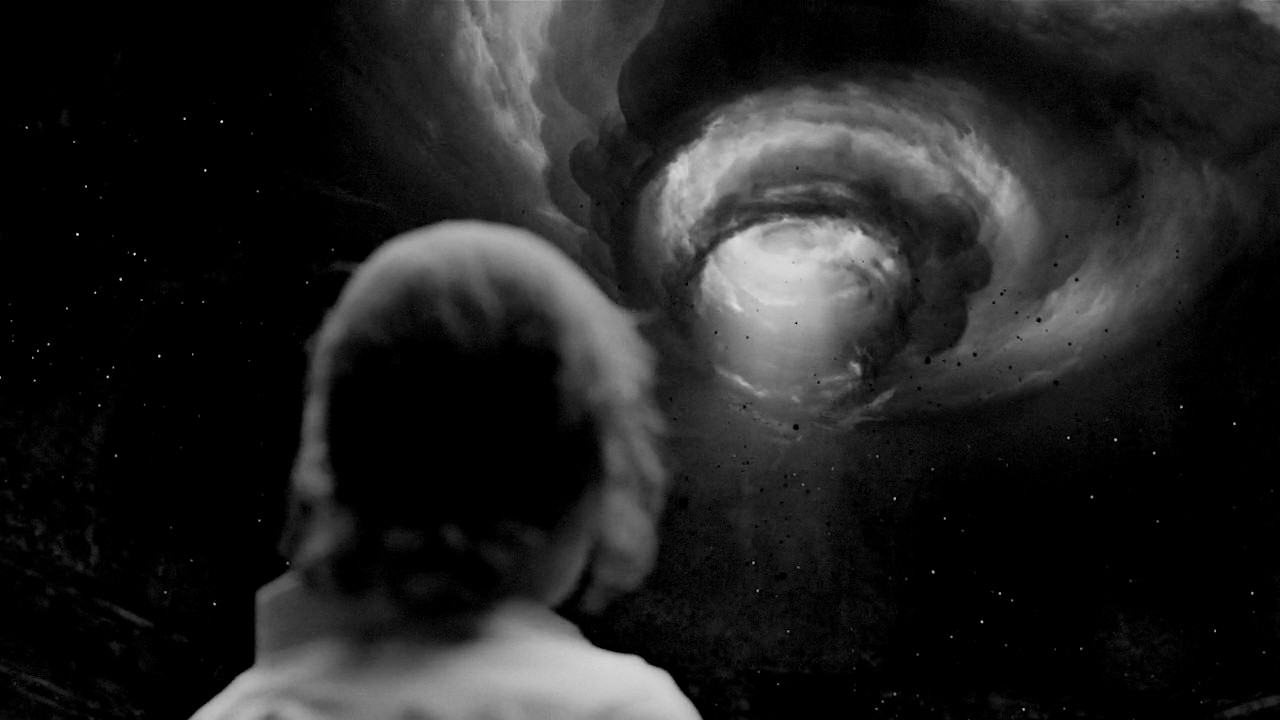
The shifts occurring in our world can be encapsulated by the oft-repeated buzzwords: technology, digitization, globalization, ecological change, cultural, political, and religious negotiations, and inequalities in perspectives, resources, capital, and opportunities. However, some of these terms have lost their impact and significance due to overuse and empty discourse.
The Un we refer to in the present context delves into the very essence of existence, the existential uncertainty that accompanies all living organisms—a precarious dance with death. Traces of this existential negation can be found in numerous narratives and philosophical concepts, often teetering on dangerous ground. These ideas introduce an air of suspicion and doubt regarding the nature of being. Central to the problem of ontology is the reconciliation of seemingly contradictory concepts such as “being” and “non-being,” “reality” and “fiction,” or, as Vilém Flusser aptly states, “non-reality.” Within the unsettling abyss of negation, one also encounters notions that challenge the essence of humanity.
The Un series, however, does not solely focus on the prevalent posthuman scenarios. While acknowledging the significance of horror stories and works of philosophical pessimism and nihilism, we also find solace in the conclusion of the television series True Detective. Despite Rust Cole’s profound knowledge of philosophical horrors encompassing Nietzsche, Sartre, Cioran, Ligotti, and Thacker, he discovers a glimmer of hope within the clouds. Nihilism itself grapples with the tumultuous backdrop of the 20th-century catastrophes and their enduring repercussions in the present. Certain elements that were once deemed dead and forgotten are given a “second (Un) life,” as the late Marc Fisher eloquently expressed in relation to Derrida’s concept of “Hauntology.” The Un series endeavors to explore such questions. What does “Untology” signify? And how can we navigate the intricacies presented by this complexity?
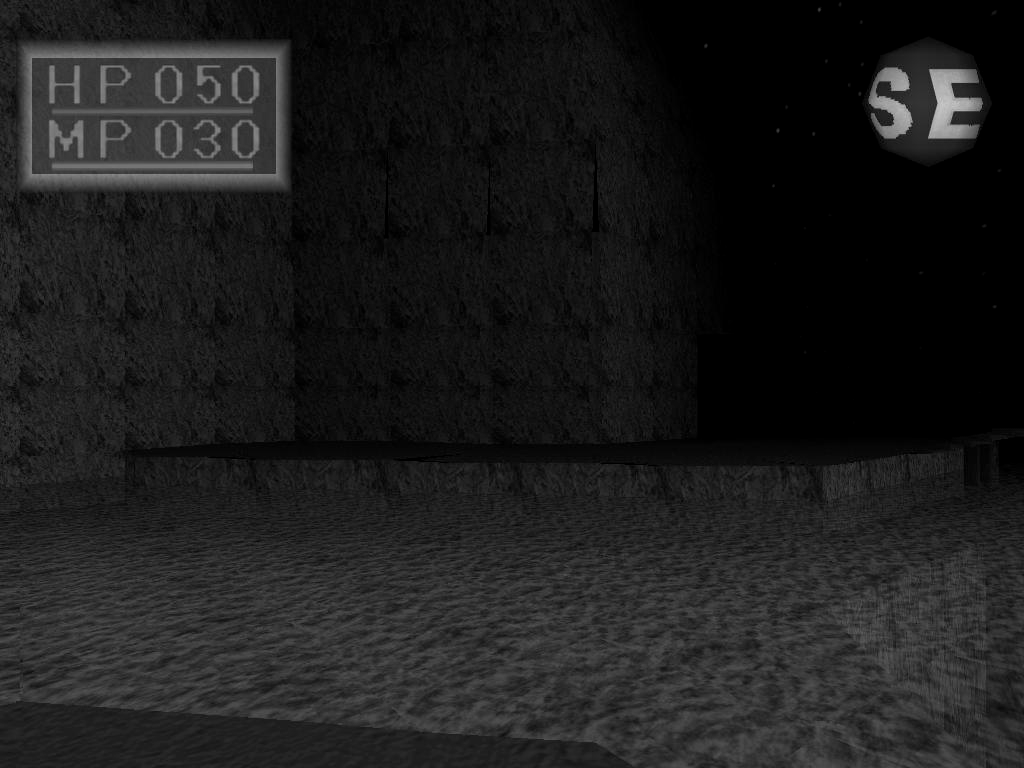
The Un Method (2019)
The prefix Un- may initially appear as a mere negation, canceling out what follows it. However, its influence extends beyond that. In many cases, the Un- preserves, to some extent, the essence of what it negates. It creates a space for negotiation and interference, allowing for the retention and transformation of negation.
This phenomenon can also be observed in the realms of negating certain (public) spaces within different thinking traditions. Edward Relph’s notion of displacement, Michel Foucault’s concept of heterotopia, Michel de Certeau’s exploration of space, and Marc Augé’s renowned idea of non-place all exemplify this idea. Examining alternative conditions and spaces gives us a fresh perspective on normality and the ordinary.
When we discuss “negation,” it is crucial to note that it is not a moral judgment. Negation does not inherently imply whether something is good or bad. Instead, it signifies a shift in status, where aspects of the previous state are still present and alive, as mentioned before. At times, the objects of negation may not even be aware of their own transformation. The prefix Un- itself, found across various languages and embedded within cultures, possesses its own meanings and powers. Philosophical thinkers have delved into the depths of what lies within Un-. Martin Heidegger, for instance, illustrated this dynamic using the ancient Greek word for “truth,” aletheia, as an example. In ancient Greek, truth is described by the negation of “closure” and “concealment,” as an “uncovering” or, in contemporary terms, a “disclosure.” This demonstrates the depth and significance of the un- and its implications across different realms of understanding.
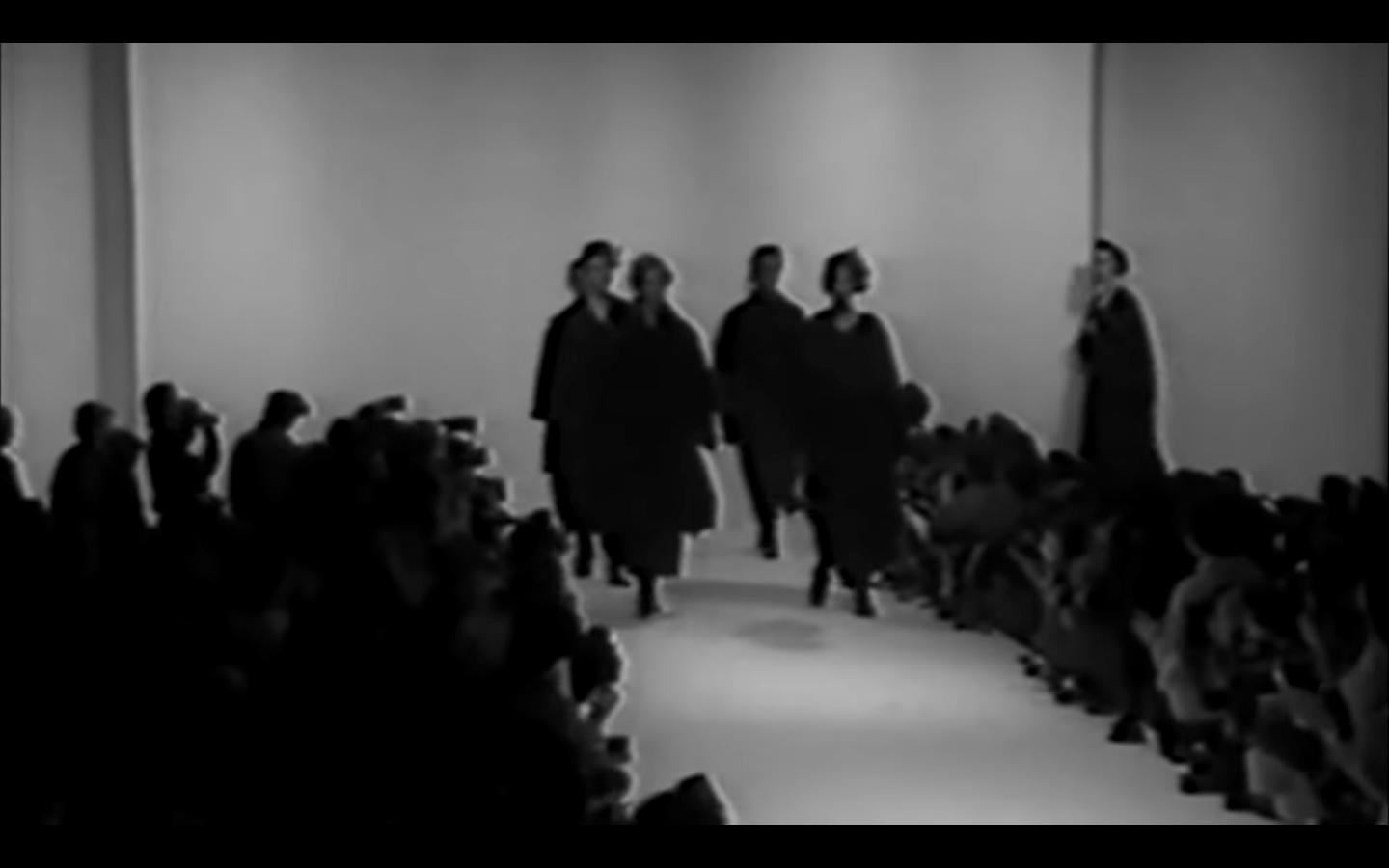
When we apply these terms to the realm of “our” existence, Untology endeavors to capture the unique state of being that encompasses the beings of the world. It encompasses the state of our personal being, the state of being of our organizations and institutions, and the state of being of the planet on which we reside.
Within these contexts, there are traces of ongoing processes of negation. However, the act of verbalizing and transforming something into a state of Un- can be a critical endeavor. In the process of negating the object being criticized, retaining the essence of the object itself is important. This precisely aligns with our approach to negation.
The Un Series seeks to challenge the limitations and impossibilities of discourse by bringing together diverse voices from different backgrounds onto a single platform to delve into subjects that hold significance for us (and can be subjected to negation). To put our method into practice, we have developed a program. The website uncannyissues.com acts as a central hub for various activities.
Program 2017 – 2025
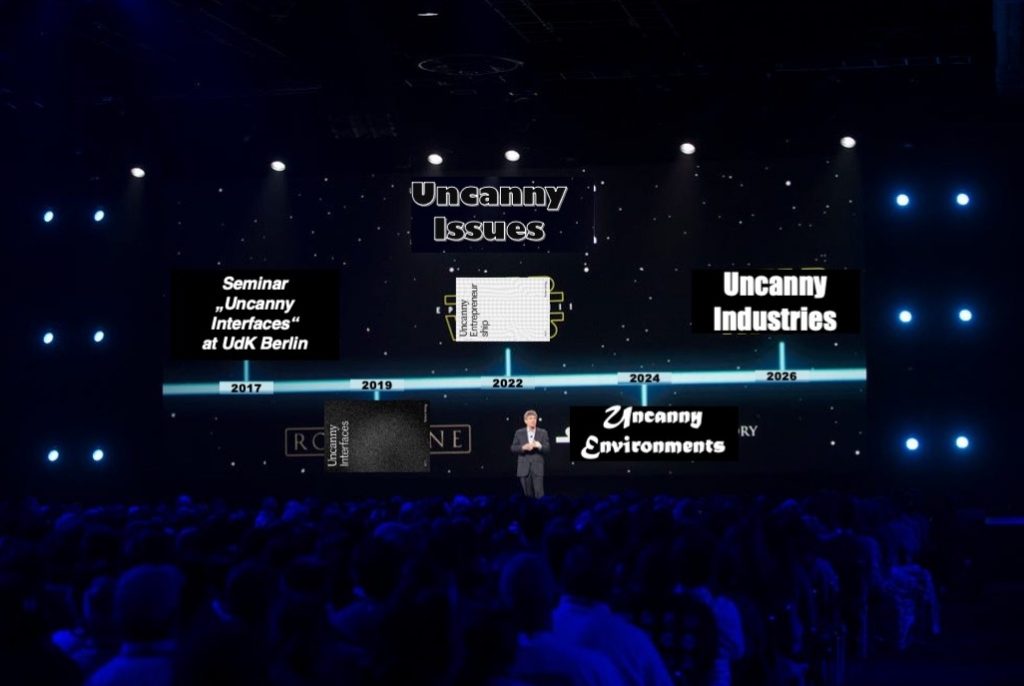
Un 0 “University Seminar”
“Das Unheimliche der Schnittstelle / The Uncanny Interface”, Lecturer: Konstantin D. Haensch
Studium Geneale Seminar at Berlin University of The Arts (Fall Term, 2017)
Un 1 “Unterfaces”
Uncanny Interfaces (2019, Textem Hamburg)
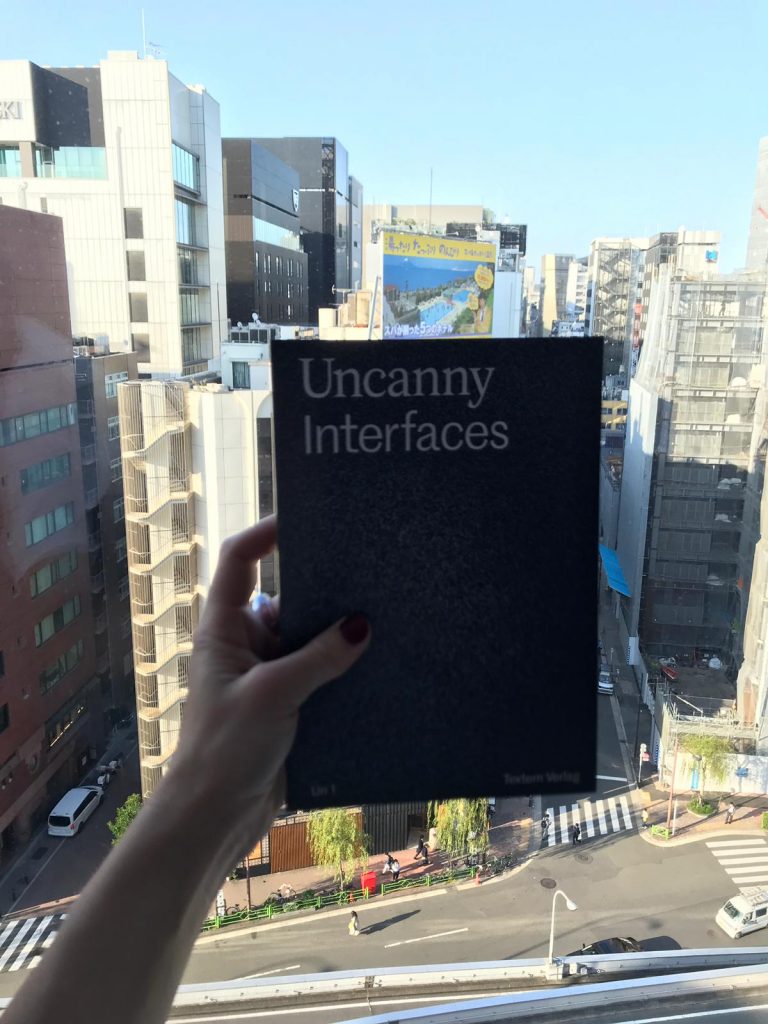
Un 2 “Untrepreneurship”
Uncanny Entrepreneurship (2019, Textem Verlag Hamburg)
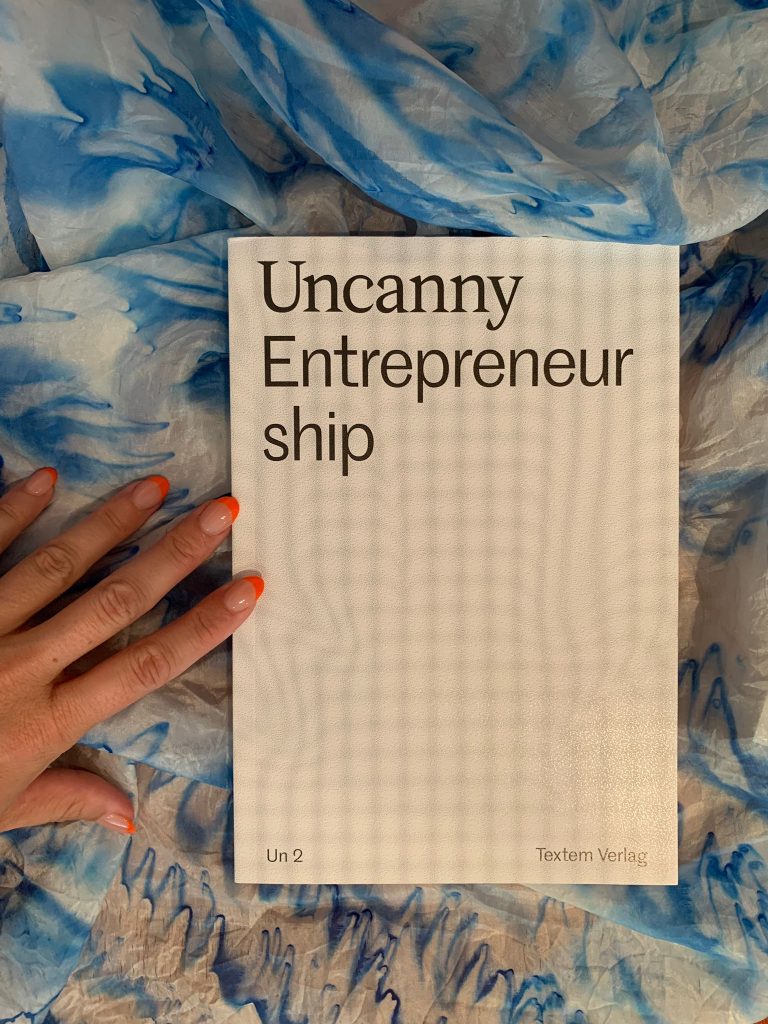
Un 3 “Unvironments”
Uncanny Environments (2024, Textem Verlag Hamburg)
